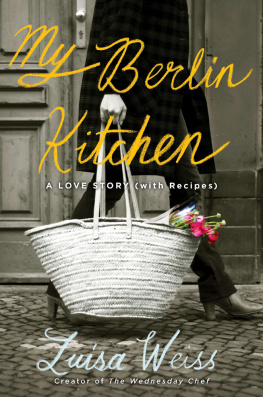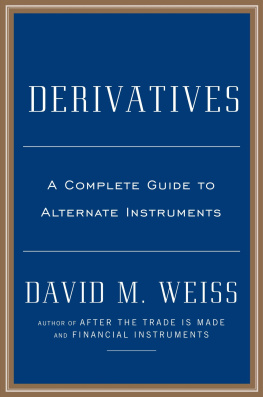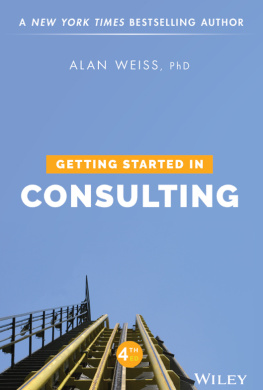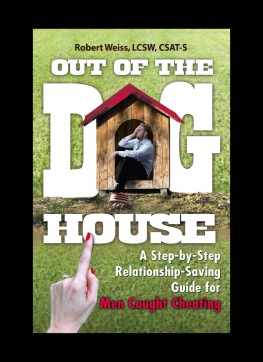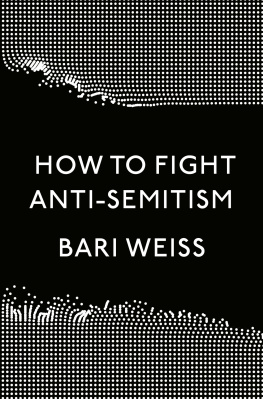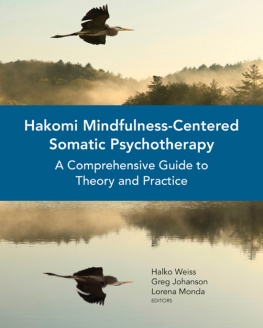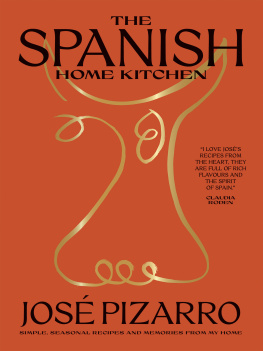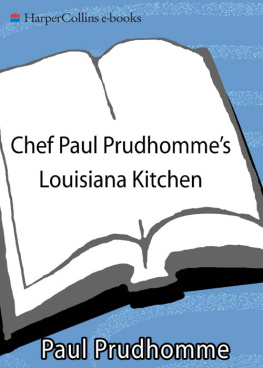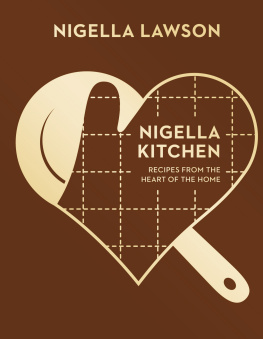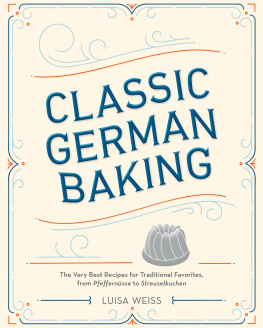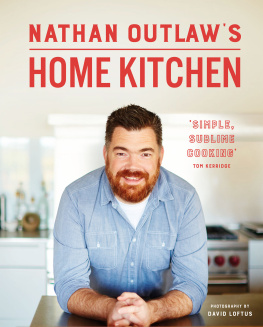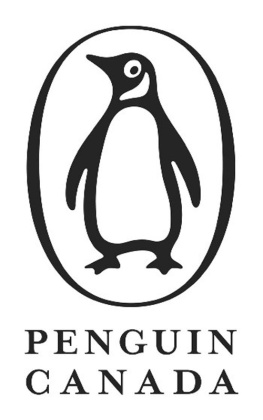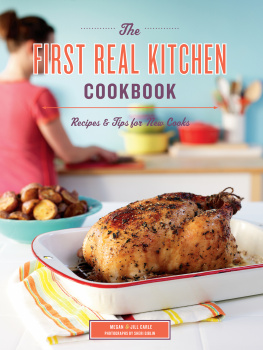
My Berlin Kitchen
My Berlin Kitchen
A Love Story, with Recipes
Luisa Weiss
VIKING
VIKING
Published by the Penguin Group
Penguin Group (USA) Inc., 375 Hudson Street, New York, New York 10014, U.S.A. Penguin Group (Canada), 90 Eglinton Avenue East, Suite 700, Toronto, Ontario, Canada M4P 2Y3 (a division of Pearson Penguin Canada Inc.) Penguin Books Ltd, 80 Strand, London WC2R 0RL, England Penguin Ireland, 25 St. Stephens Green, Dublin 2, Ireland (a division of Penguin Books Ltd) Penguin Books Australia Ltd, 250 Camberwell Road, Camberwell, Victoria 3124, Australia (a division of Pearson Australia Group Pty Ltd) Penguin Books India Pvt Ltd, 11 Community Centre, Panchsheel Park, New Delhi 110 017, India Penguin Group (NZ), 67 Apollo Drive, Rosedale, Auckland 0632, New Zealand (a division of Pearson New Zealand Ltd) Penguin Books (South Africa) (Pty) Ltd, 24 Sturdee Avenue, Rosebank, Johannesburg 2196, South Africa
Penguin Books Ltd, Registered Offices: 80 Strand, London WC2R 0RL, England
First published in 2012 by Viking Penguin, a member of Penguin Group (USA) Inc.
10 9 8 7 6 5 4 3 2 1
Copyright Luisa Weiss, 2012
All rights reserved
LIBRARY OF CONGRESS CATALOGING-IN-PUBLICATION DATA
Weiss, Luisa.
My Berlin kitchen : a love story, with recipes / Luisa Weiss.
p. cm.
ISBN: 978-1-101-60112-9
1. Weiss, Luisa. 2. Weiss, LuisaHomes and hauntsGermanyBerlin. 3. Weiss, LuisaMarriage. 4. Berlin (Germany)Biography. 5. CookingPsychological aspects. 6. Cooking, German. 7. Cooking, Italian. 8. Cooking, French. I. Title.
DD857.W34A3 2012
943.155dc23 2012015042
Printed in the United States of America
No part of this book may be reproduced, scanned, or distributed in any printed or electronic form without permission. Please do not participate in or encourage piracy of copyrighted materials in violation of the authors rights. Purchase only authorized editions.
Penguin is committed to publishing works of quality and integrity. In that spirit, we are proud to offer this book to our readers; however, the story, the experiences, and the words are the authors alone.

For Max
The greatest thing youll ever learn is just to love and be loved in return.
Eden Ahbez
Introduction:
A Strange Little Island
I LEARNED TO COOK AS A TEENAGER, EARLIER THAN MANY PEOPLE BUT not as early as an Italian farmer I know named Maria, who was sent to work for a rich family as a child and had to stand on a chair when she rolled out the familys daily pasta dough because, at seven years old, she was still too short to reach the table. I found my way to the kitchen along a much gentler path.
Before I learned to cook, I baked. My mother, who would rather have had a weekly appointment with a dental hygienist than be in charge of dinner, had in her possession an old unjacketed cookbook with a heart embossed on the spine. On the title page, the heart was bookended by the words: The Way to a Mans Heart. Now I didnt know much about that, but what I did know was that The Settlement Cook Book, with its sensible title and pioneer spirit, reminded me of my idol, Laura Ingalls Wilder, whose books had been my constant companions in childhood.
I read it at bedtime and leafed through it industriously by day. I daydreamed about the birthday cakes Id whip up for every single one of my friends. And then, eager to see results, I busied myself in the kitchen, making Applesauce Cake and Quick One-Bowl Cocoa Cake, learning how to melt chocolate and butter together in the double boiler my mother always used to heat up her morning milk for her coffee, and how to cream butter and sugar until it looked like snow. I cooked chocolate fudge and patted out shortbread and even pulled saltwater taffy until my mother cornered me in the kitchen one afternoon and told me, in no uncertain terms, to quit it.
But as any mother knows, its hard to get between ones child and her passion. And for me, cooking and baking were swiftly becoming the only things I really loved to do. Besides reading books, that is. There was little that gave me as much pleasure as spending time in the kitchen, watching butter, waxy and cold, turn into a creamy, yellow foam under the beaters of my electric mixer, seeing a sticky cake batter transform into an airy confection, or observing a puffy dome of risen bread dough, smooth and ever so slightly dry, like the underside of my grandmothers arm.
When I turned sixteen, my father gave me a paperback copy of Paula Pecks The Art of Fine Baking, which, besides leaving my mother in despair, taught me how to make gnoise and pink fondantglazed petits fours, flaky tart pastry, and Swiss meringue. And best of all, perhaps, it gave me the radical idea that the disdain with which my mother regarded my kitchen exploits was not universally shared.
Along the way to adulthood, I acquired one six-inch chefs knife, a dark greenglazed cast-iron pot, and the growing realization that baking and cooking were not just a sure way to end up with a pan of warm brownies or a kitchen full of the fragrance of beef stew. Busying myself in the kitchen was how I conjured the people and places I loved the most in the steam rising off the pots on the stove. And when I came down with a rare and chronic illness known as perpetual homesickness, I knew the kitchen would be my remedy.
I was born in Berlin in 1977, back when it was still known as West Berlin. In those days, you could still see the pockmarks from mortar fire in the faades of many buildings and the air smelled of coal smoke. West German schoolchildren sent to West Berlin on mandatory school trips rolled their eyes at the prospect of visiting the city. To them it was rather unlovely and so far away, requiring a long bus ride through the flat fields of East Germany, past checkpoints staffed by stern-faced guards with funny accents.
My father, a mathematician from Philadelphia, and my mother, an interpreter from Rome, fell in love and moved to Berlin together in the early 1970s, when Nixon was in his first term as president and the Baader-Meinhof gang was still a household term. My father wanted to escape from graduate school in Boston when he found a temporary teaching job in Berlin, and my mother, whom hed met a year earlier at a German language course in Austria, came along for the ride. They were in their early twenties and ready for an adventure. West Berlin was a strange little island back then, its neighborhoods dotted with American, French. and British soldiers, its subways filled with spiky-haired punks. The city was kept alive by the occupying forces and by the West German government, which pumped money into West Berlin to keep it a vibrant bulwark against what loomed on the other side.
At first my parents lived in rented rooms in the quiet bourgeois neighborhoods of Neu-Westend and Schmargendorf, with grumpy landladies and thin walls. But the one year they thought theyd live in Berlin soon turned into two, and before long they decided to stay. My father got a job in the math department of the Free University and my mother took a translating position at a Berlin office of the European Commission, as it was then known, and they found an apartment on Bamberger Strasse in the quiet neighborhood of Wilmersdorf, in the heart of West Berlin. On one end of the street was a small weeping willow and a row of squat apartments built after the war and on the other was their pea green turn-of-the-century building with a marbled foyer, a gleaming wooden banister, and a defunct elevator shaft. Three floors up was their apartment. It had high ceilings, a windowless bedroom nook, and a kitchen that looked out over the trees below. All the streets in that corner of Wilmersdorf, known as the Bayerisches Viertel, were named after cities in Bavaria. Before the war, the Bayerisches Viertel had been home to a large number of Jewish Berliners, but now they were almost entirely gone.
Next page
